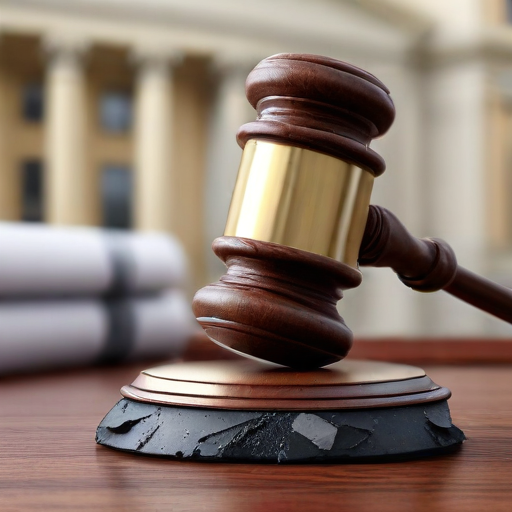Drake has taken legal action against Universal Music Group (UMG) and Spotify, alleging that the companies are engaging in unfair practices to boost the popularity of Kendrick Lamar’s track “Not Like Us.” This move follows the ongoing rivalry between the two artists, both of whom are prominent figures in the hip-hop industry with numerous accolades.
In his petition filed in New York, Drake claims that UMG has been colluding with Spotify to artificially inflate the streaming and radio metrics of Lamar’s song. He contends that UMG paid influencers and radio stations and employed bots to enhance the track’s visibility. Moreover, Drake points out a multi-year licensing agreement that allegedly allowed UMG to charge Spotify a reduced fee for “Not Like Us,” in return for increased promotion on the streaming platform.
Drake also asserts that UMG has similarly manipulated other platforms, citing an instance where Siri played “Not Like Us” instead of his own album, “Certified Lover Boy.” He claims further that UMG terminated employees who were perceived to have loyalty to him.
In response, UMG refuted Drake’s allegations, emphasizing its commitment to ethical marketing and stating that the notion of undermining its own artists is baseless.
The tensions between Drake and Lamar have escalated in recent months, with both artists releasing tracks that included veiled insults toward each other. “Not Like Us” has achieved significant commercial success, reaching number one on the Billboard Hot 100 and accumulating over 900,000 streams on Spotify.
Drake is currently requesting information about those allegedly involved in promoting the song as a precursor to a formal lawsuit. He argues that the overwhelming focus on one track ultimately detracts from opportunities for other artists, including himself.
This situation highlights the competitive nature of the music industry and raises questions about the ethics of marketing and promotion. While these disputes can bring to light important issues within the industry, they also remind us of the high hopes and ambitions that artists have for their work and recognition. The outcome of this legal battle could reshape how promotional practices are scrutinized in the future, paving the way for a more equitable landscape for artists.
